Navigating the ups and downs of cohabitation is an art form. When your roommate is a living, breathing (and sometimes shedding) canine, it adds another layer of complexity. While the joys of pet companionship are numerous, certain dog breeds might not blend seamlessly into your ideal living situation. Here, we explore 14 breeds that, despite their undeniable charm, might challenge your notion of harmonious living.
1. Siberian Husky
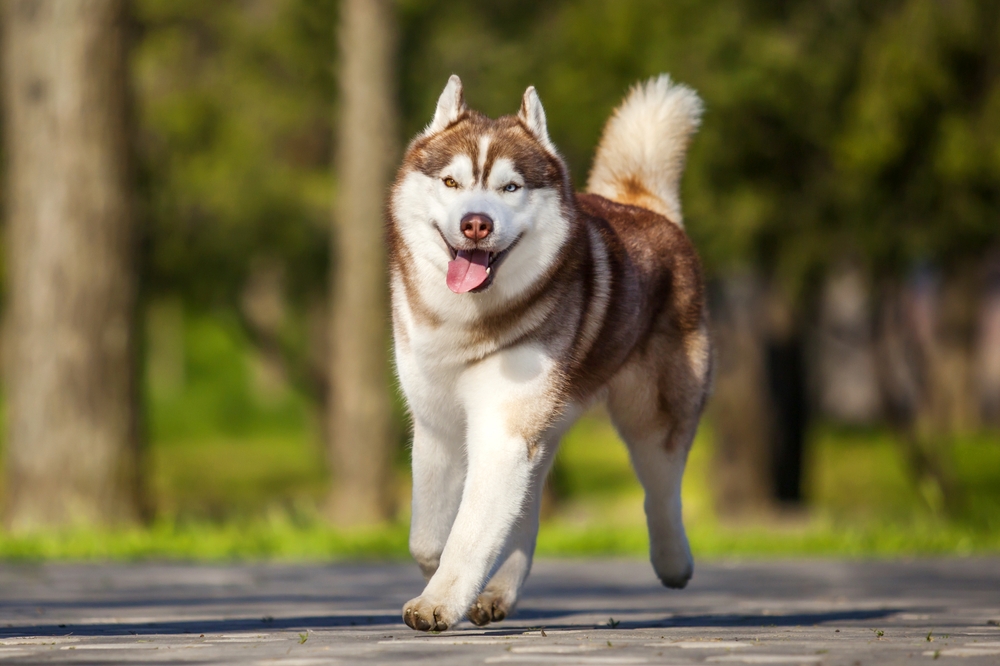
Beautifully majestic and packed with personality, the Siberian Husky is the poster child for unending energy. Their high-octane lifestyle requires heaps of exercise and stimulation, or you might find your chic apartment turned into an excavation site. According to the American Kennel Club, Huskies are known for their vocal communication. So, if you enjoy serene afternoons or quiet evenings, be prepared for howls interrupting your solitude.
These dogs are also born escape artists, necessitating robust home security to keep them contained. Their thick double coat sheds profusely twice a year, turning a minimalist aesthetic into a furry wonderland. Cleaning becomes a daily ritual, and unless you adore vacuuming, this might be an aspect to reconsider. Despite their friendly demeanor, they are fiercely independent, sometimes to the point of aloofness, which isn’t the warmest for roommates.
2. Border Collie
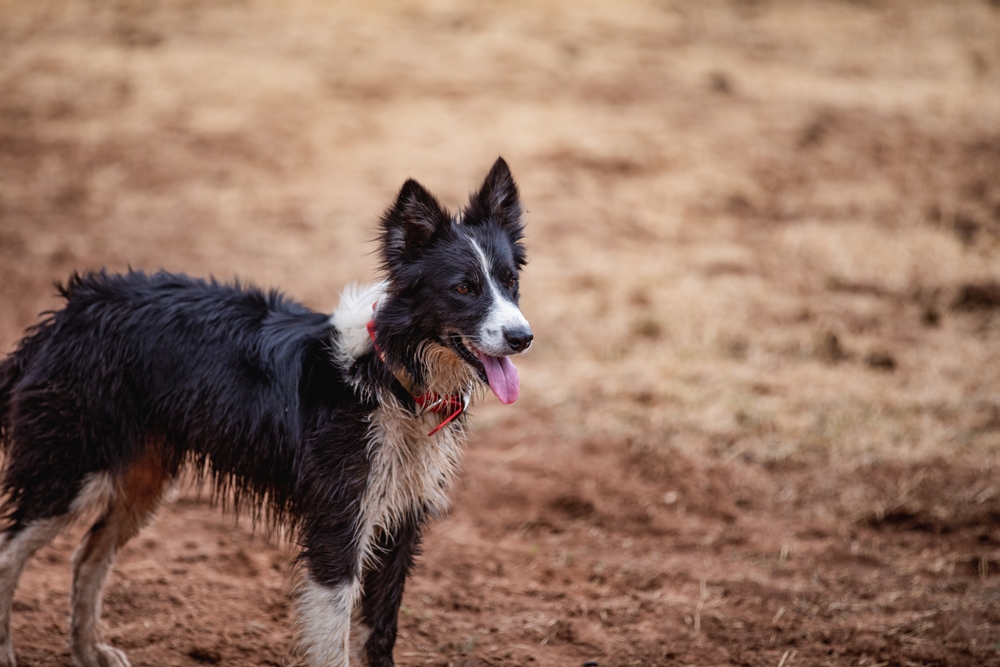
A Border Collie is the Einstein of the dog world, renowned for its intelligence and energy, according to an article in Yahoo. This breed thrives on mental and physical stimulation, often requiring more time and attention than a full-time job. If neglected, their sharp minds can turn creative, leading to inventive destruction. The necessity for constant engagement might not suit those who prefer a more laid-back lifestyle.
Furthermore, their herding instincts don’t switch off indoors, often leading to nips at heels during impromptu “herding” sessions. This can be an unwanted surprise during a peaceful yoga practice or a casual gathering. Their need for space and activity to match their athleticism means a small apartment could quickly feel cramped. It’s essential to weigh the balance between their brilliance and your patience before committing.
3. Jack Russell Terrier
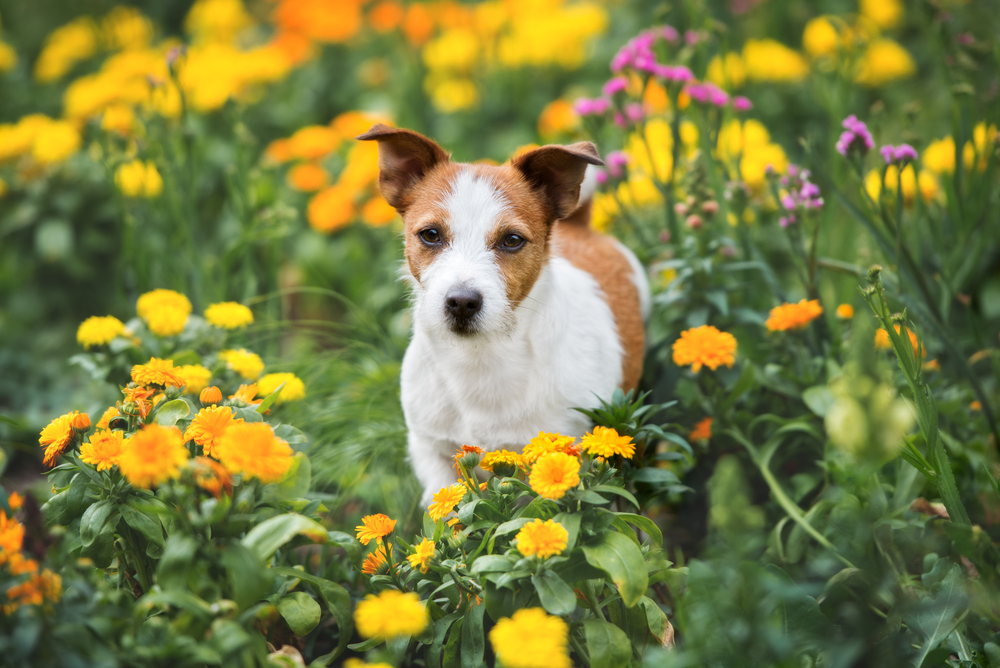
Jack Russell Terriers are compact but come with a personality that fills the room. Known for their boundless energy, they require more exercise than one might assume given their size. They have a notorious reputation for digging and are adept escape artists, making secure living quarters non-negotiable. If you’re a plant parent, prepare for potential upheaval of your indoor garden.
Their intelligence is both a blessing and a curse, requiring constant mental stimulation to prevent boredom, according to PetMD. Without it, they may resort to chewing and destruction. Their hunting instincts are strong, and they might see smaller pets as targets rather than friends. This may create a tense environment if you’re a fan of multi-pet households.
4. Dalmatian
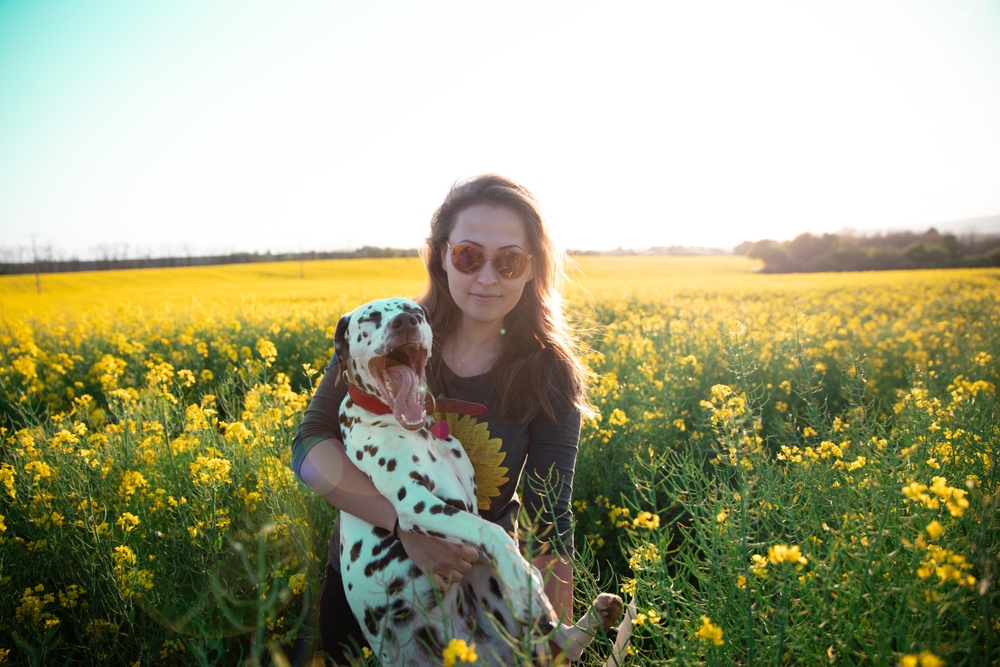
Dalmatians, famous for their striking spots and movie star legacy, are vivacious and always ready for action. Their stamina and zest for life make them ideal companions for active individuals but might overwhelm those preferring a slower pace. Regular mental and physical challenges are necessary to prevent them from becoming unruly. They have a penchant for barking, a trait that could disrupt your peace and quiet.
Moreover, Dalmatians are prone to certain health issues, such as deafness and urinary stones, requiring careful management. This can lead to unexpected veterinary expenses and careful dietary needs. Their shedding is surprisingly frequent, which means your chic black wardrobe might need constant lint rolling. Their protective instincts, while admirable, can translate into over-enthusiastic guarding behaviors if not properly managed.
5. Beagle

Charming and merry, Beagles are scenthounds with a nose that never quits. They’re curious creatures, often exploring their world with dedication that borders on obsession, making unattended belongings fair game. Their vocal nature, characterized by barks and howls, can become a soundtrack that neighbors might not appreciate. If you value a quiet home, their harmonious symphonies might not be your cup of tea.
Beagles are also social animals, thriving on companionship and often experiencing separation anxiety. This could mean destroyed furniture or frequent accidents if left alone for long periods. Their compact size belies a big personality that demands attention. While their affectionate nature is endearing, their strong will can be a challenge for individuals unprepared for their tenacity.
6. Chihuahua

Chihuahuas, though petite and portable, carry a mighty attitude packed into their small frames. They can often develop a “small dog syndrome,” where they compensate for their size with bold and sometimes aggressive behavior. Barking is a favorite pastime, and without proper training, they can become noisy little companions. Their loyalty often leads to possessiveness, creating tension in multi-roommate situations.
Despite their short coats, Chihuahuas can be surprisingly high-maintenance. They are sensitive to cold, meaning you’ll need to invest in a wardrobe of canine clothing to keep them comfortable. Their fragile size also demands a careful living environment to prevent injuries. While they form strong bonds with their humans, they can be wary of strangers, making social gatherings a potential point of stress.
7. Weimaraner

Sleek, silver-coated Weimaraners are known for their striking appearance and high energy levels. They’re bred for endurance and require extensive daily exercise to stay happy and healthy. Without it, they can become restless and potentially destructive, tearing through furniture like it’s part of their training regime. Their strong prey drive means any small pets in the household could be seen as quarry.
Weimaraners are also notorious for separation anxiety, often becoming anxious and vocal when left alone. This can lead to excessive barking, howling, or even attempts to escape confinement. They thrive on human interaction and can become sulky or depressed if they feel neglected. Consider your lifestyle and the time you can dedicate to their needs before bringing this elegant breed home.
8. Akita
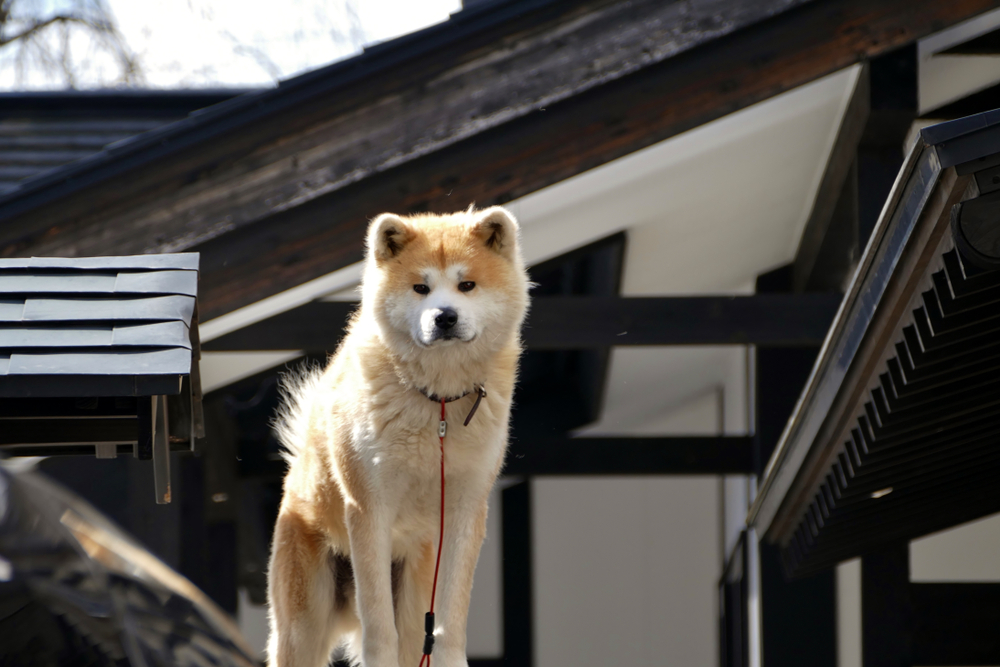
Noble and dignified, Akitas are known for their loyalty and protective nature. However, their strong-willed disposition can make them a challenge for first-time dog owners. They require consistent training and socialization to prevent territorial behaviors. Their natural suspicion of strangers can lead to aggressive tendencies if not properly managed.
Furthermore, Akitas are not known for their social demeanor with other animals and may not share your enthusiasm for a multi-pet household. Their thick coat sheds seasonally, which requires regular grooming to keep shedding under control. Although independent, they thrive on companionship, leading to a lonely pet when left alone for extended periods. It’s crucial to assess your ability to provide the structured environment they need.
9. Australian Shepherd
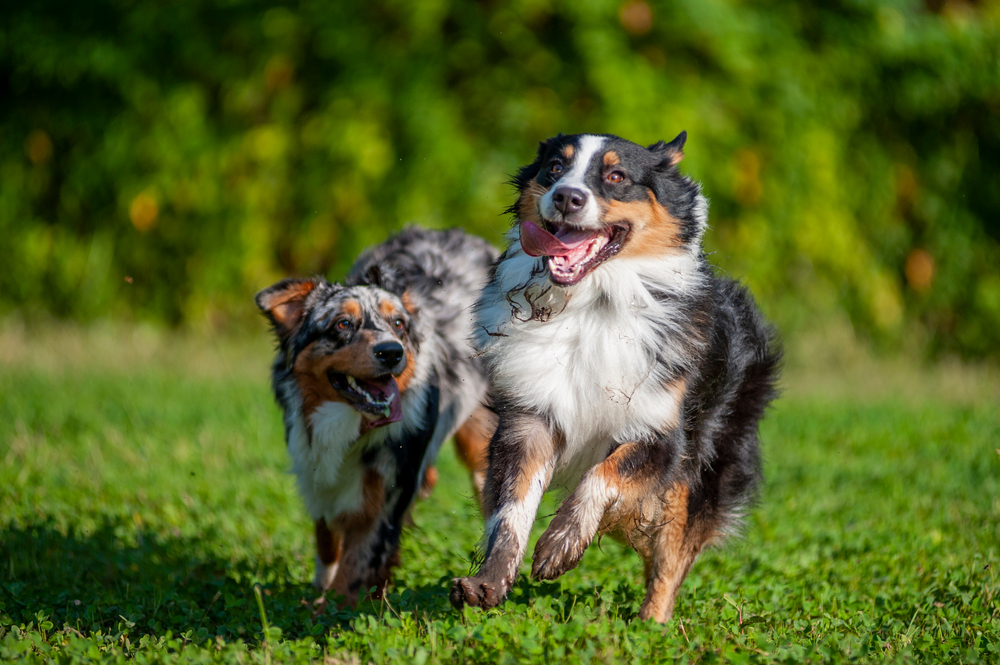
Australian Shepherds are the epitome of a working dog, brimming with intelligence and energy. They excel in environments where their minds and bodies are constantly engaged. In a setting where they lack stimulation, they can become bored and resort to undesirable behaviors. Their herding instincts may lead them to attempt to “herd” small children or other pets, which can be problematic.
These dogs require a considerable investment in time for training and exercise, which may not be feasible for everyone. Their shedding, combined with a love for outdoor adventures, means dirt and hair could become permanent fixtures in your home. Without proper outlets for their energy, they may develop anxiety, leading to restlessness and vocalization. Before embracing their spirited nature, ensure your lifestyle can accommodate their needs.
10. Pekingese
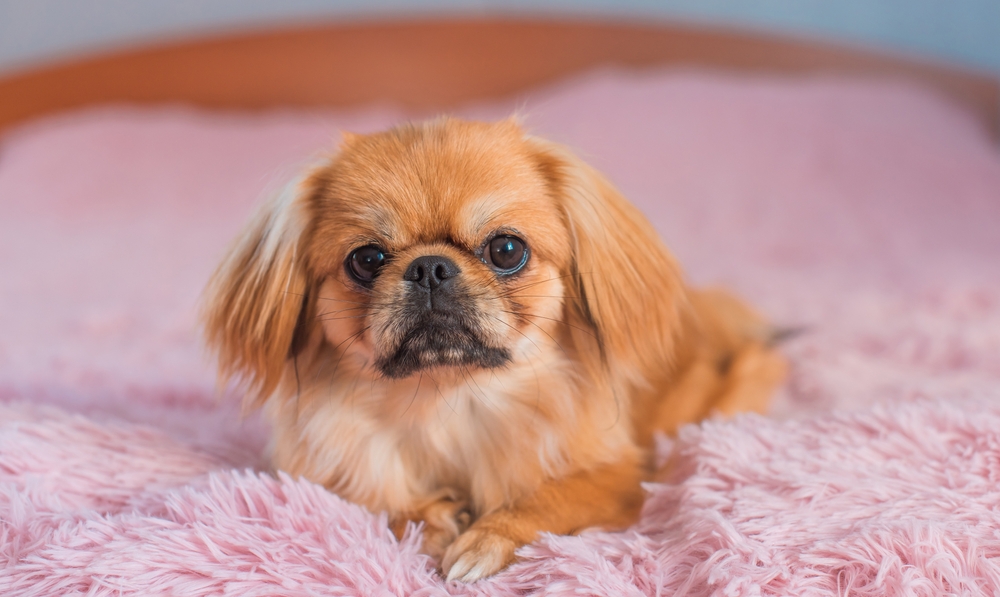
Pekingese, with their regal demeanor and luxurious coats, are small dogs with big personalities. Their independent nature can sometimes be mistaken for aloofness, and they are known to demand respect. While they form strong bonds with their families, they can be wary or even hostile towards strangers. Their grooming needs are substantial, requiring regular maintenance to keep their coats in prime condition.
As a breed prone to respiratory issues, Pekingese require special care to avoid overheating, especially in warm climates. Their stubborn streak can make training a challenge, as they prefer doing things on their terms. They may not appreciate the hustle and bustle of a busy household, preferring calm and predictable environments. Their distinct characteristics require a committed owner who appreciates their unique charms.
11. Shiba Inu
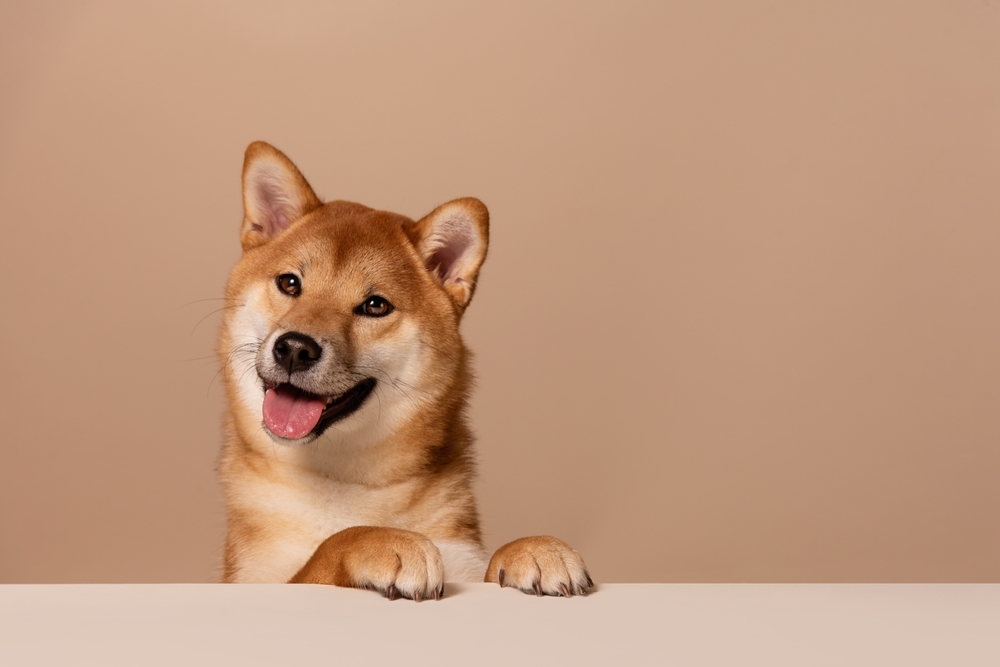
Shiba Inus, with their fox-like appearance and spirited nature, are a breed known for their independence. They possess a cat-like aloofness, often preferring their own company to that of others. While they are clean and relatively low-maintenance in terms of grooming, they can be difficult to train due to their strong-willed nature. This breed is notorious for their “Shiba scream,” a vocalization used to express displeasure.
Their high prey drive means they’re best suited to homes without small animals. Socialization is key to ensure they don’t become overly protective or aloof. They thrive in environments where they can explore and satisfy their curiosity. Potential owners must be prepared to invest time in understanding their complex personalities.
12. Saint Bernard
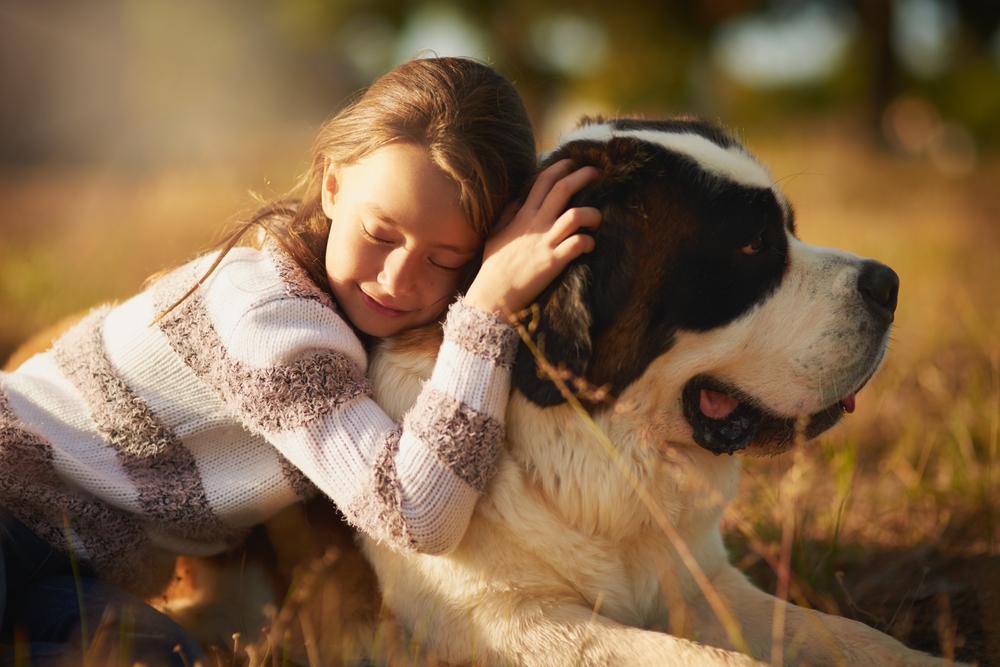
Saint Bernards are gentle giants whose size alone can present a logistical challenge in smaller living spaces. Their drooling and shedding can quickly become overwhelming, necessitating a robust cleaning routine. While they are typically gentle, their size can lead to unintentional mishaps, especially in cramped quarters. Training is essential to ensure they remain manageable companions.
These dogs are known for their loyalty and calm nature, but they can be prone to health issues that require regular veterinary attention. Their lack of awareness of their size can lead to broken furniture or accidental injury to smaller pets. They thrive in spacious environments where they can move freely and comfortably. Consider the spatial and financial requirements before bringing this gentle giant into your home.
13. Boxer
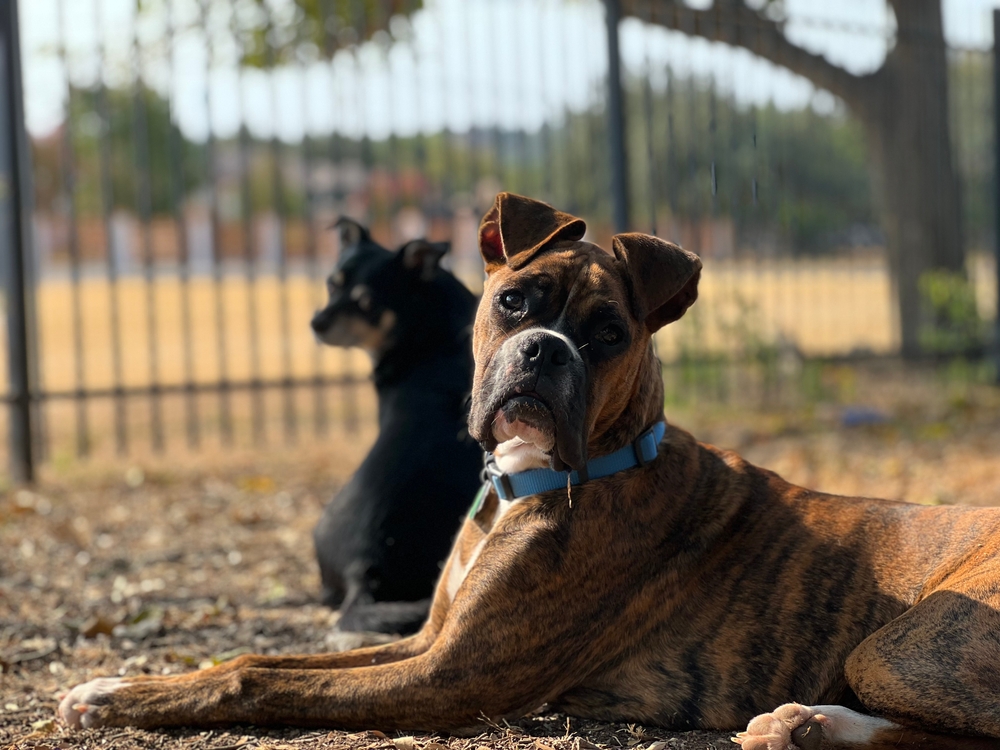
Boxers, with their boundless energy and playfulness, are ideal companions for active individuals. However, their exuberance can be overwhelming for those preferring a more sedate lifestyle. They require daily exercise and mental stimulation to prevent boredom, which can lead to destructive behaviors. Their tendency to jump and play rough can be challenging in environments with small children or frail individuals.
Boxers are affectionate and form strong bonds with their families, but they can also become overly protective. This requires ongoing socialization to ensure they remain friendly and well-adjusted. Their short coats shed, but not excessively, although they can be prone to skin issues. Before committing, assess whether their lively nature aligns with your living situation.
14. Chow Chow
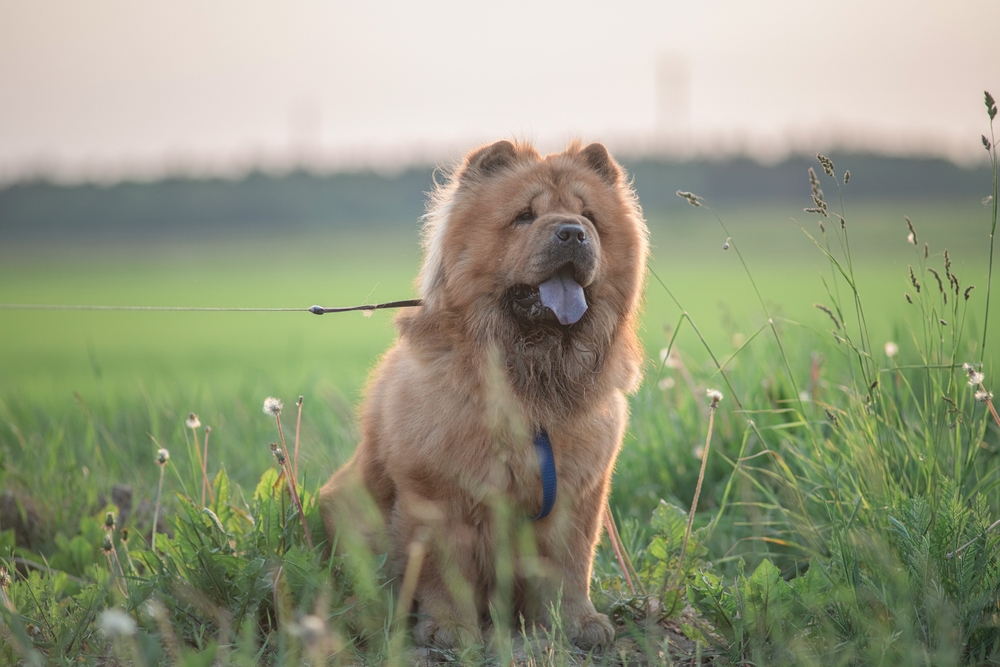
Chow Chows, with their lion-like mane and dignified demeanor, are known for their independence and aloofness. They can be wary of strangers and may not appreciate the constant activity of a bustling household. Their grooming needs are significant, requiring regular maintenance to keep their coats healthy and free of mats. Additionally, their stubbornness can make training a test of patience.
This breed is also known for their territorial nature, which can lead to protective or aggressive behaviors without proper socialization. They thrive best in environments where they can observe their surroundings at a distance rather than being the center of attention. Potential owners should be prepared for a long-term commitment to understanding and managing their unique temperament. The Chow Chow’s distinct personality requires an owner who values independence and calm.
